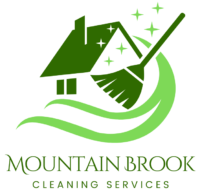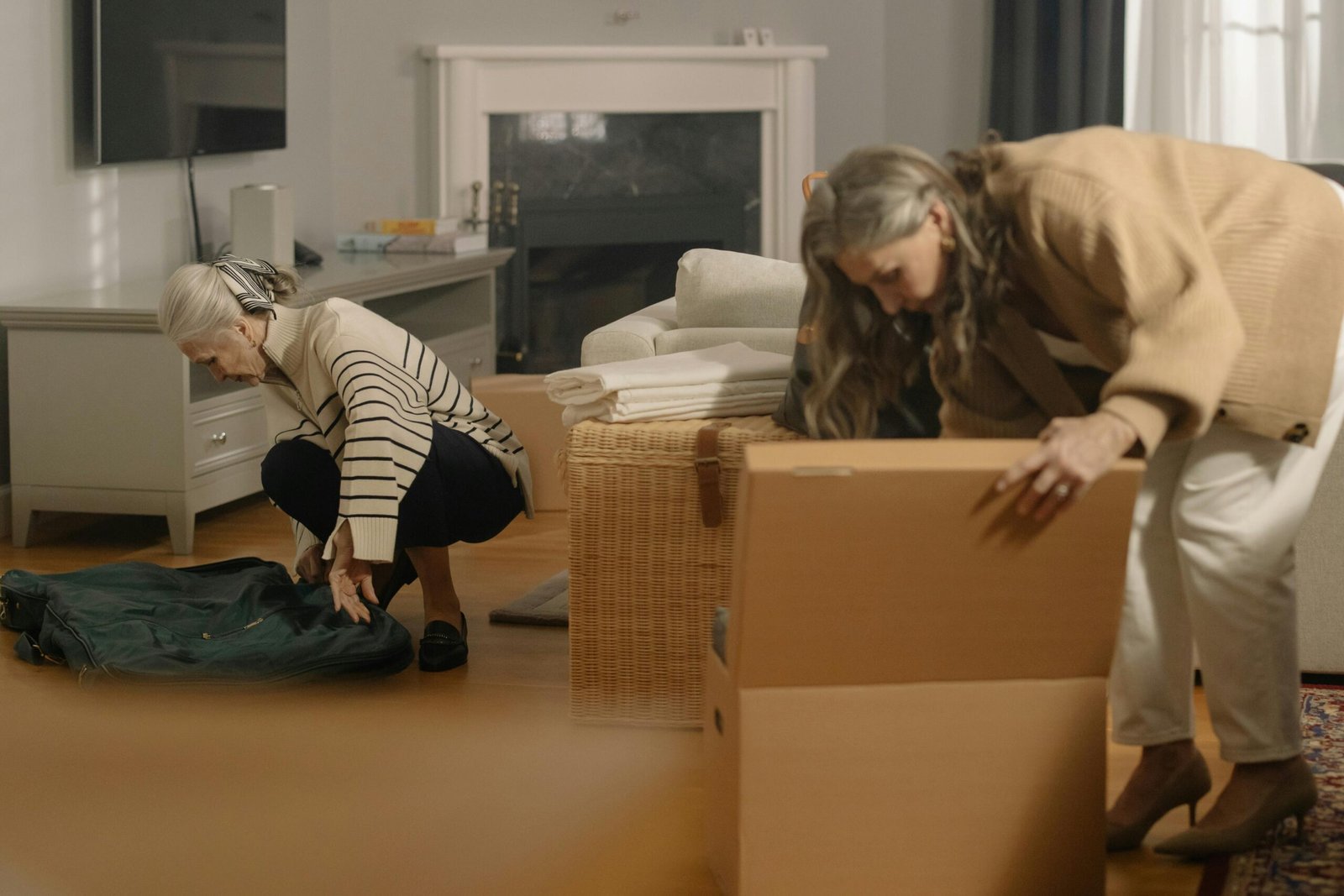Understanding the Emotional Impact of Clutter
The experience of living in cluttered environments can significantly affect one’s psychological well-being, particularly decluttering for seniors. As people age, they often accumulate belongings that carry memories, making it challenging to part with items, even if they no longer serve a purpose. This attachment can lead to feelings of overwhelm, anxiety, and stress when faced with the prospect of decluttering. The emotional connections to these belongings may stem from nostalgia, a longing for cherished moments, or a sense of identity tied to past experiences.
Research indicates that clutter can exacerbate feelings of helplessness and loss of control. In many cases, seniors may feel a sense of despair when confronted with the chaos surrounding them. These emotions can be intensified by physical limitations that hinder their ability to declutter effectively. As such, it becomes imperative for caregivers and seniors themselves to recognize these feelings and provide support during the decluttering process. Understanding that these emotional responses are valid is crucial in alleviating some of the psychological burdens associated with clutter.
Moreover, the act of letting go can be emotionally taxing. Seniors might worry about losing their sense of self, especially if their belongings represent significant aspects of their identity. It is essential to approach the decluttering journey with sensitivity and patience, acknowledging that it can evoke various emotions. By validating these feelings and encouraging discussions about what certain objects mean to the individual, caregivers can help seniors navigate their journey more compassionately. Consequently, recognizing the emotional impact of clutter not only normalizes the struggles faced but also paves the way for a more effective and supportive decluttering experience.
Tips and Strategies for Effective Decluttering
Decluttering for seniors can be a transformative process for seniors, allowing them to reclaim their living spaces and, ultimately, improve their quality of life. One of the most effective methods to start this journey is the ‘one in, one out’ rule. This strategy encourages individuals to remove an item from their home for every new item they bring in. By embracing this principle, seniors can maintain an organized environment and prevent the accumulation of unnecessary belongings.
Setting achievable goals is another fundamental aspect of effective decluttering. Instead of attempting to tackle an entire room in one day, seniors may find it more beneficial to set smaller, manageable targets. For example, dedicating 15-30 minutes each day to declutter a drawer or a small section of a room can yield significant results over time. This gradual approach reduces overwhelm and allows for reflection on the value and sentiment attached to items.
Categorizing items into ‘keep’, ‘donate’, and ‘discard’ can streamline the decision-making process. To facilitate this, seniors can use bins or boxes labeled accordingly. This physical act of sorting can provide clarity on what is truly essential and what can be released. Furthermore, developing a timeline for decluttering tasks can aid in effective time management, making the process feel less daunting and more structured.
Creating a designated decluttering space is essential to support the process. This area should be free from distractions, and seniors may find it beneficial to enlist the help of family or friends for support. Engaging in this journey together not only makes it more enjoyable but also helps maintain motivation. As seniors work towards a cleaner, more organized home, they will find the experience both rewarding and liberating.
Resources and Support for Seniors in Mountainbrook AL
Mountainbrook, AL, offers a variety of resources and support systems specifically designed to assist seniors in their journey towards a clutter-free lifestyle. These programs range from local senior centers to community organizations that focus on clutter management and emotional support.
One prominent resource is the Mountainbrook Senior Center, which not only serves as a gathering place for social activities but also provides workshops and educational sessions on organizing and decluttering. This center often hosts events that feature guest speakers, including professional organizers who offer tips tailored for senior citizens. The sense of community fostered at these centers can offer emotional benefits as well, encouraging seniors to engage in discussions about reducing clutter and its associated stress.
In addition to senior centers, various community organizations in Mountainbrook are dedicated to providing assistance with clutter management. For instance, local non-profits often collaborate to offer clutter reduction programs that include home visits, personalized consultations, and even volunteer services to help with physical decluttering tasks. These programs are particularly valuable for seniors who may find it challenging to manage clutter independently due to physical limitations.
Mental health services are also available to seniors navigating the emotional complexities that often accompany decluttering and downsizing. Local therapists and counselors specialize in senior issues, providing sessions that address anxiety, depression, and stress related to the decluttering process.
Lastly, professional organizers in the Mountainbrook area focus specifically on helping seniors streamline their living spaces effectively and compassionately. They work collaboratively with seniors to create functional and comfortable environments, seamlessly integrating the decluttering process into their lives. Workshops and support groups are often held, allowing seniors to learn valuable skills while sharing experiences with peers. Together, these resources pave the way for a successful transition from clutter to clean living.
Success Stories: Transformations in Mountainbrook
In the serene community of Mountainbrook, several seniors have embarked on remarkable journeys from cluttered living spaces to pristine, organized homes. These transformations are not merely about physical space; they represent profound changes in lifestyle, emotional well-being, and an overall sense of control over their environments. Each narrative reflects unique challenges and the strategies employed to reclaim their living areas, offering motivation for others to undertake similar journeys.
One inspiring story comes from Margaret, an 82-year-old resident who struggled with accumulating belongings after the passing of her husband. The emotional weight of her possessions made the decluttering process seem daunting. With encouragement from supportive neighbors and local community resources, Margaret learned to approach her home one room at a time. She set aside time each week to sort through items, carefully deciding what to keep, donate, or discard. With each completed room, she reported an immense relief and a renewed sense of clarity in her daily life.
Another resident, Tom, age 76, faced the challenge of navigating decades of collected items that had taken over his garage. Tom reached out to a professional organizer who specialized in working with seniors. Together, they formed a plan that prioritized safety and ease of access. Tom expressed feelings of accomplishment as he saw his garage transform from an overwhelmed storage area into a functional workspace. This newfound space allowed him to pursue hobbies he had put off for years due to clutter.
These inspiring successes in Mountainbrook highlight that while the journey from clutter to clean can be challenging, it is undoubtedly achievable. With the right support and determination, anyone can create a home that reflects their current lifestyle and aspirations. These stories serve as a reminder that transformation is possible at any age, motivating fellow residents to take the first steps toward their decluttering goals.

